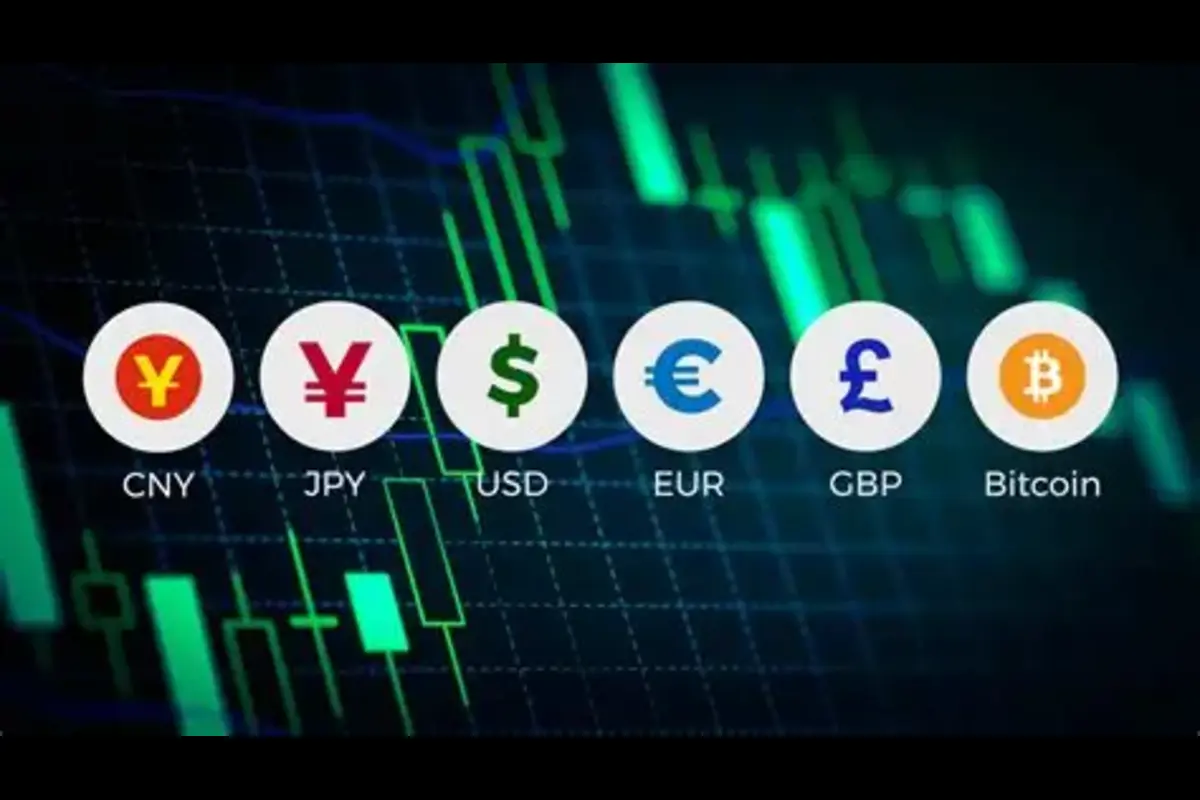Understanding Forex Currency Pairs: Majors, Minors, and Exotics
Forex Education
If you’re new to forex trading, one of the first things you’ll encounter is the concept of currency pairs. In the foreign exchange market, currencies are always traded in pairs—meaning you’re simultaneously buying one currency and selling another.
In this guide, we’ll break down the three main types of forex currency pairs: Majors, Minors, and Exotics. Understanding the differences between them is crucial for making informed trading decisions.
What is a Currency Pair?
A currency pair consists of two currencies:
- The base currency (the first one listed)
- The quote currency (the second one listed)
For example, in the pair EUR/USD:
- EUR = base currency
- USD = quote currency
This pair tells you how much of the quote currency (USD) is needed to buy one unit of the base currency (EUR).
- Major Currency Pairs
Majors are the most traded currency pairs in the world. They include the US Dollar (USD) and have high liquidity and tight spreads.
Key Features:
- High trading volume
- Low spreads (lower trading costs)
- Strong liquidity
Examples:
Pair | Description |
EUR/USD | Euro / US Dollar |
GBP/USD | British Pound / US Dollar |
USD/JPY | US Dollar / Japanese Yen |
USD/CHF | US Dollar / Swiss Franc |
AUD/USD | Australian Dollar / US Dollar |
USD/CAD | US Dollar / Canadian Dollar |
NZD/USD | New Zealand Dollar / US Dollar |
🔎 Tip: Major pairs are ideal for beginners due to their stability and availability of information.
- Minor Currency Pairs
Minor pairs (also called cross currency pairs) do not include the US Dollar but involve other major currencies.
Key Features:
- Moderate liquidity
- Slightly higher spreads
- Still commonly traded
Examples:
Pair | Description |
EUR/GBP | Euro / British Pound |
EUR/JPY | Euro / Japanese Yen |
GBP/JPY | British Pound / Japanese Yen |
AUD/NZD | Australian Dollar / New Zealand Dollar |
Minors can offer more diverse opportunities, especially during regional market hours.
- Exotic Currency Pairs
Exotic pairs combine one major currency with a currency from an emerging or smaller economy (like South Africa, Turkey, or Thailand).
Key Features:
- Low liquidity
- Higher spreads and volatility
- Riskier but potentially more rewarding
Examples:
Pair | Description |
USD/TRY | US Dollar / Turkish Lira |
EUR/SEK | Euro / Swedish Krona |
USD/ZAR | US Dollar / South African Rand |
USD/THB | US Dollar / Thai Baht |
Exotic pairs are best suited for experienced traders who can handle volatility.
How to Choose the Right Currency Pair?
Your choice of currency pair should align with your:
- Trading experience: Beginners often start with majors.
- Risk appetite: Exotic pairs have higher risk and reward.
- Trading strategy: Some strategies work better in volatile pairs, others in stable ones.
- Market knowledge: Understanding economic and political news that affects certain currencies can give you an edge.

